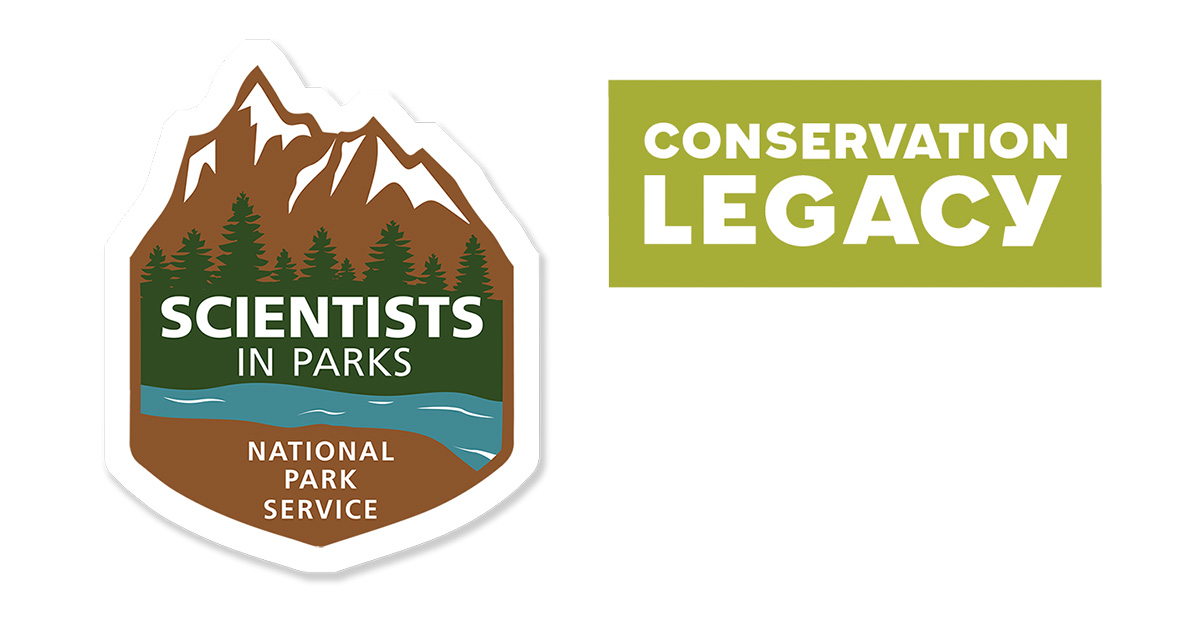The Water Resources Monitoring internship will be based in the Habitat Restoration Program at Biscayne National Park. The internship will provide field, lab, and office support for a long term ecological monitoring program assessing the effects of Comprehensive Everglades Ecosystem Restoration projects on nearshore ecosystems within Biscayne National Park.
The project monitoring water quality, seagrass, invertebrates, and mangrove fishes at a network of stations. The intern will be based at Biscayne National Park with project personnel that lead the water quality monitoring efforts. The majority of the intern's time will be spent on the water quality monitoring network (~50%). The intern will also support seagrass, mangrove fish, and invertebrate monitoring efforts with project partners based out of the University of Miami and NOAA (~30%). The intern will also spend time on other projects and activities in the park such as coral reef restoration, marine debris removal, mooring buoy maintenance, and more. The intern will spend time in the field working with water quality monitoring sondes, and in-water monitoring and collection of seagrasses, mangrove fishes, and invertebrates. Lab work will include maintaining water quality sondes. Office work will include data entry and processing.
Position Impact
Biscayne National Park includes portions of the largest mangrove forest in the western hemisphere, an extensive network of islands, high-quality estuarine waters, vast seagrass meadows, and the northern extents of the Florida Reef Tract. These waters are noted for their ecological integrity and global significance. Just upstream of the park, 8+ million people are concentrated in urban communities increasingly vulnerable to climate change impacts. The park is caught between rising seas and growing populations, and coastal water resources are at significant risk from climate change, urbanization, water management, and agriculture. The park's water quality monitoring program focuses on coastal water resource conditions through fixed continuous water quality monitoring stations and monitoring of estuarine indicators. Monitoring water quality and related indicators is one of the best early warnings of ecological changes of climate change impacts and anthropogenic stressors. Water resources monitoring is also critical to gauge ecosystem effects of landscape scale restoration initiatives such as the Comprehensive Everglades Restoration Plan. In Biscayne National Park, nearshore salinity, conductivity, temperature, and depth are monitored to document temporal and spatial variability of salinity. Quality assured data are provided to other scientists and managers and are important to adaptive assessment and to understanding ecological changes resulting from ecosystem restoration.
Deliverables
The intern will be responsible for contributing ecological data to the long-term monitoring project. As an alternative, if the intern has a school project to complete, the intern may discuss with the supervisor the opportunity to develop a project based on a park data set that the intern is actively working with. The intern shall disseminate the summary information compiled (or results of data analysis project) in two outlets. First, the intern will make an oral/powerpoint presentation to park staff and interested partners at the end of the internship. The presentation will be recorded for use in dissemination park information to park stakeholders and the general public. Second, the intern will work with program staff to add the summary information to our ongoing restoration StoryMap and geodatabases.
Desired Intern Qualifications
- Applicants must have completed advanced coursework towards a bachelor’s degree in biology, ecology, marine science or a related field. Graduate students in the aforementioned disciplines are encouraged to apply.
- Strong swimming and snorkeling abilities.
- First Aid, CPR certification.
- Knowledge of coastal ecosystems of south Florida.
- Software proficiency: MS Word, MS Excel, MS Powerpoint, ESRI ArcGIS.
- Willingness to work with and take direction from a variety of coworkers.
- Willingness to withstand long field days year round with exposure to high and low temperatures, extended sun exposure, rough seas, chilling associated with long hours in the water, biting insects, and hazardous marine life.
- Ability to conduct boating and diving based field operations with no adverse affects from motion sickness, either through low propensity for seasickness or through ability to successfully manage it.
- Willingness to spend extended periods of time performing tedious office tasks(e.g. data entry and processing).
- Previous experience with small boat operations.
- DOI Motorboat Operator Certification Course (MOCC).
- Experience monitoring water quality, seagrass, fish and/or invertebrates.
- Experience with scientific data entry.
- Experience with basic statistical analysis of scientific data.
- Experience with collection, management, and use of geospatial data.
- The applicant must be a U.S. citizen or U.S. permanent legal resident (“green-card-holder”). Prior to starting this position, a government security background clearance will be required.





